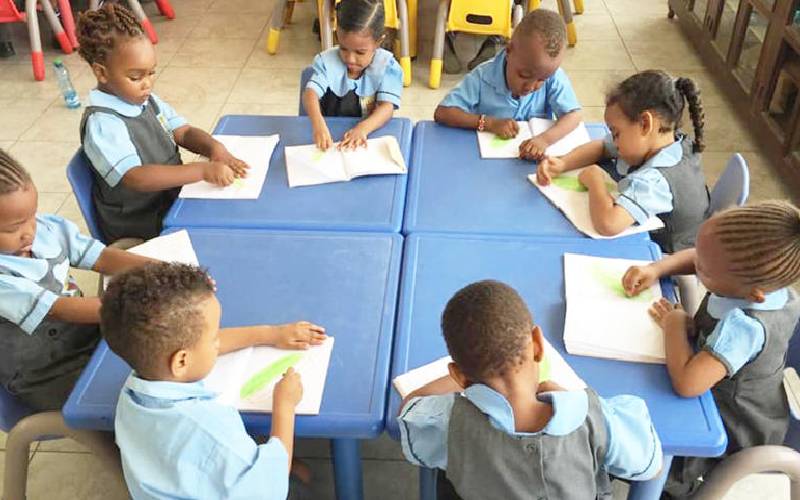
The biggest problem and threat that we face as a country is one that many have not identified. We have failed to analyse and understand that our structures have for a long time pigeonholed us into conformity. Due to this, we have limited the infinite potential of our minds; young and old.
Our collective mindset is a problem. This is because mindset is important in all our endeavours to develop our institutions and country as it gives us direction on how to approach issues and challenges. Our system is limiting the way we identify problems that we have the ability to overcome. It is blocking the right of allowing everyone to reach their full potential.